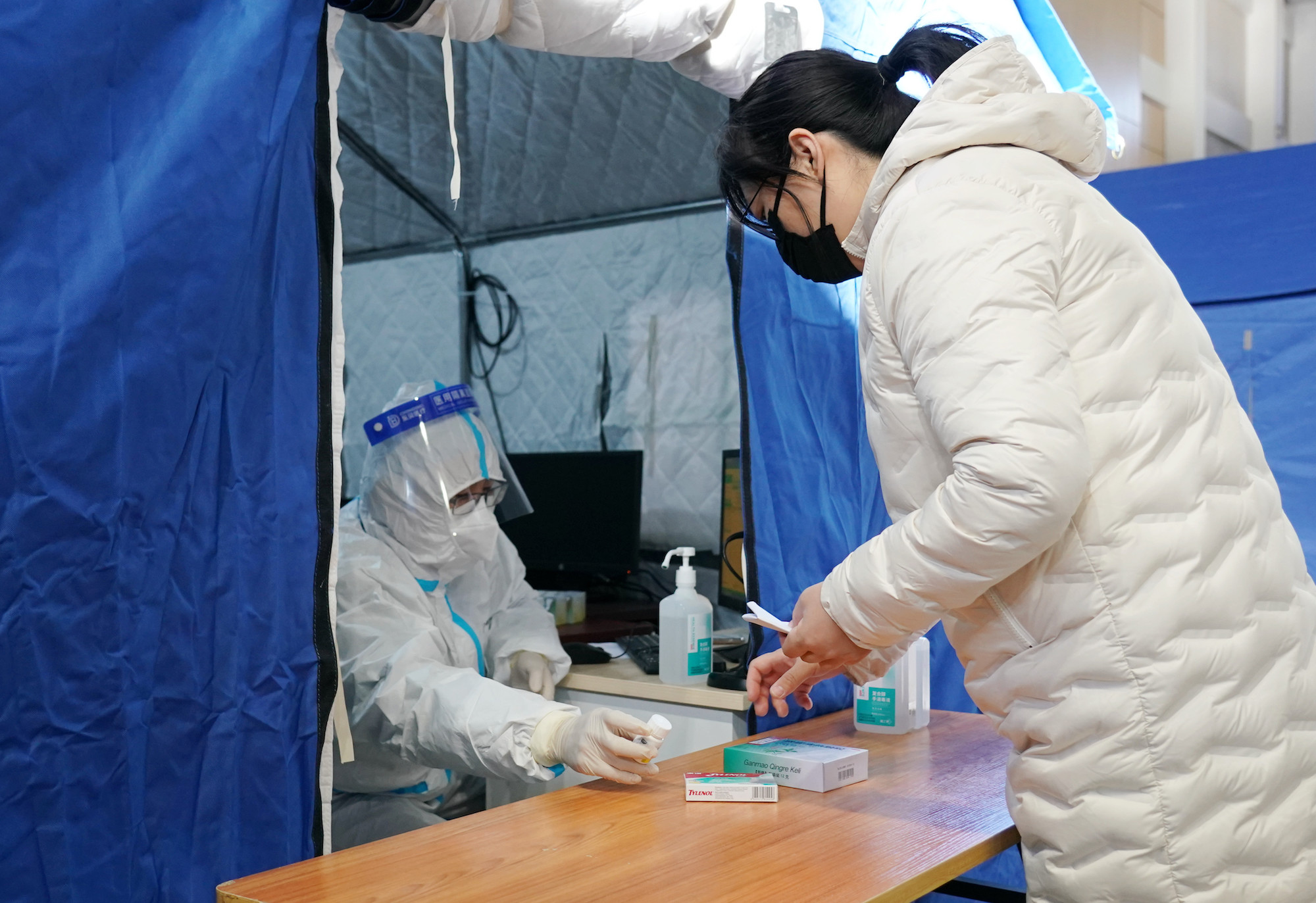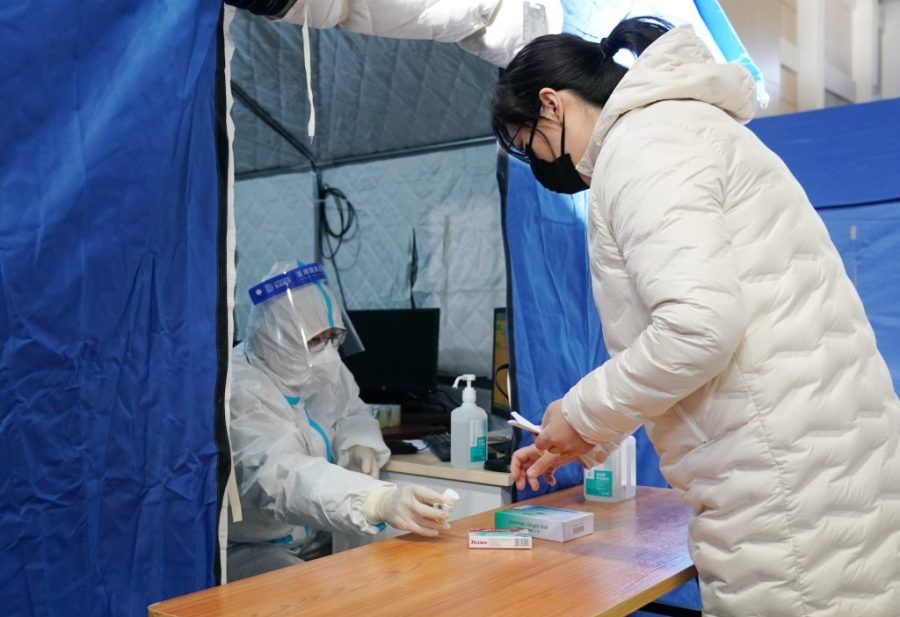Health authorities in mainland China announced yesterday they have decided to rename the novel coronavirus pneumonia to “novel coronavirus infection” as the nation is set to downgrade the management of the disease from category A to category B from 8 January.
According to the mainland Chinese health authorities, the downgrade means that inbound travellers will no longer need to undergo quarantine or undertake nucleic acid tests upon arrival. However, they are still required to test negative for the virus at least 48 hours before boarding and wear masks onboard, China Daily has reported.
In addition, isolation of infected cases, tracking of their close contacts and classification of at-risk areas will be scrapped. Testing services will be available for those willing to take a test, while publishing of epidemic information – currently reported on a daily basis – will be adjusted.
Mainland China’s health authorities also said the novel coronavirus tends to mutate toward less virulence, has a shorter incubation period and causes mainly upper respiratory disease. The dominant Omicron strain is highly infectious, but asymptomatic and mild cases account for over 90 per cent and the rates of severe illnesses and deaths are “extremely low.”
According to China Daily’s report, mainland Chinese authorities have also stepped up preparedness for easing restrictions as they have delivered over 3.4 billion Covid-19 vaccine doses and fully inoculated more than 90 per cent of people aged three and above.
However, lowering the disease category does not mean leaving the virus to run rampant, said Liang Wannian, head of the Covid-19 Expert Team of the National Health Commission, during an interview with Xinhua News Agency on Tuesday.
“The adjustment is aimed to control outbreaks more precisely and scientifically and make more efficient use of resources to balance epidemic containment and socioeconomic development,” he said. “The principle of putting people and lives first does not change.”
To fight against the disease, “China will further raise vaccination rates among the elderly, stock up relevant medications and testing kits, build more hospital and intensive care beds and implement triaged treatment protocols,” China Daily reported today.
“We will continue to monitor the epidemic situation and renovate or expand medical resources based on the latest circumstances to secure demands of people,” Jiao Yahui, head of the National Health Commission’s medical administration bureau, said on Tuesday.






